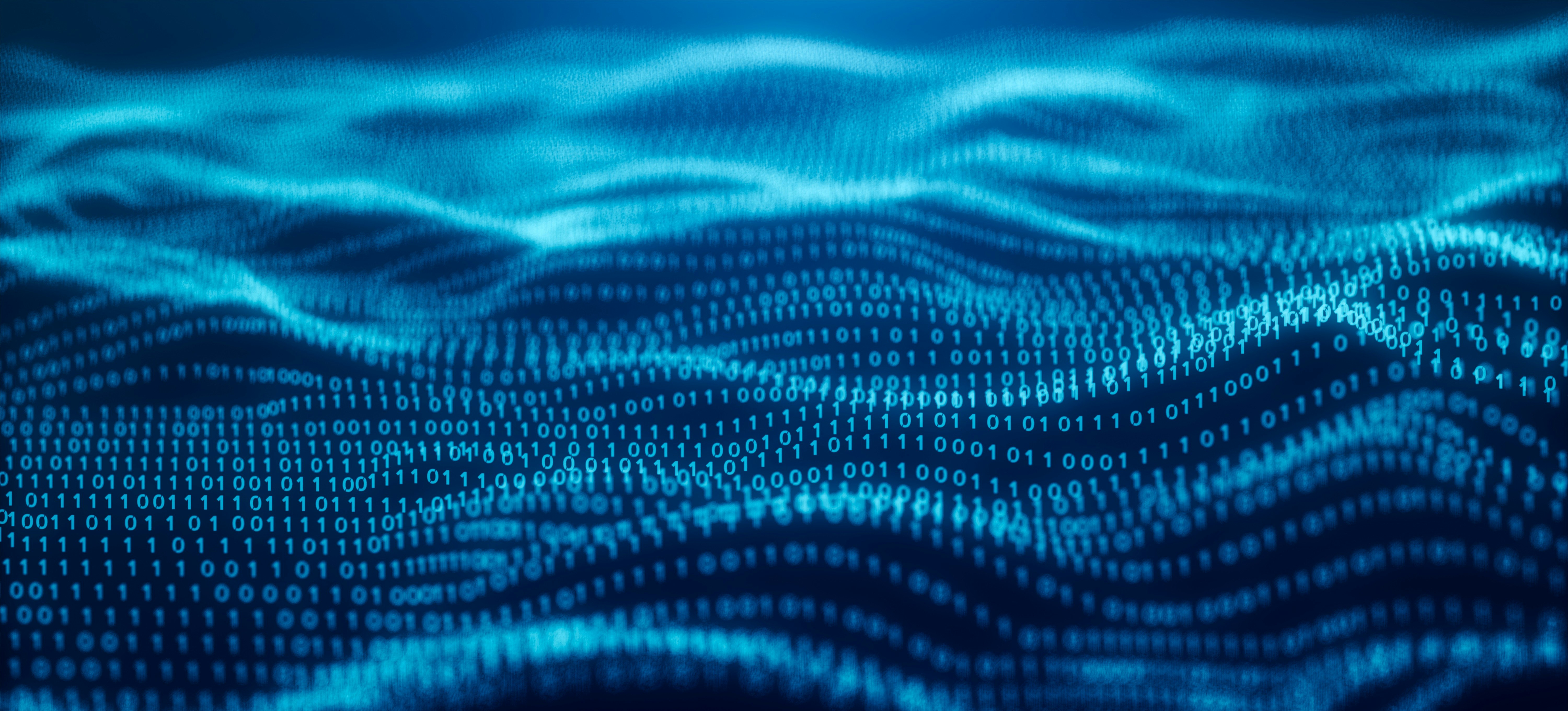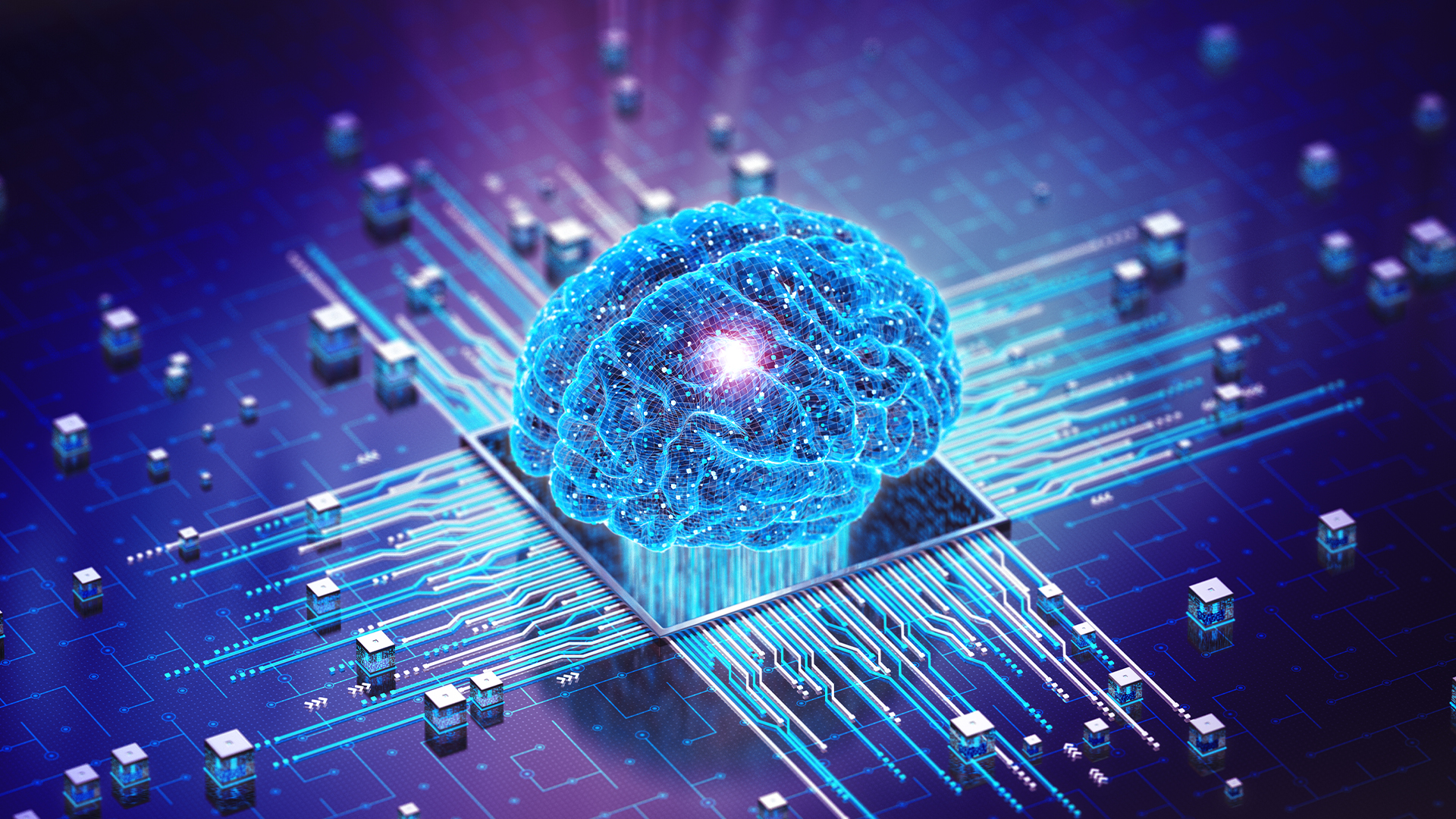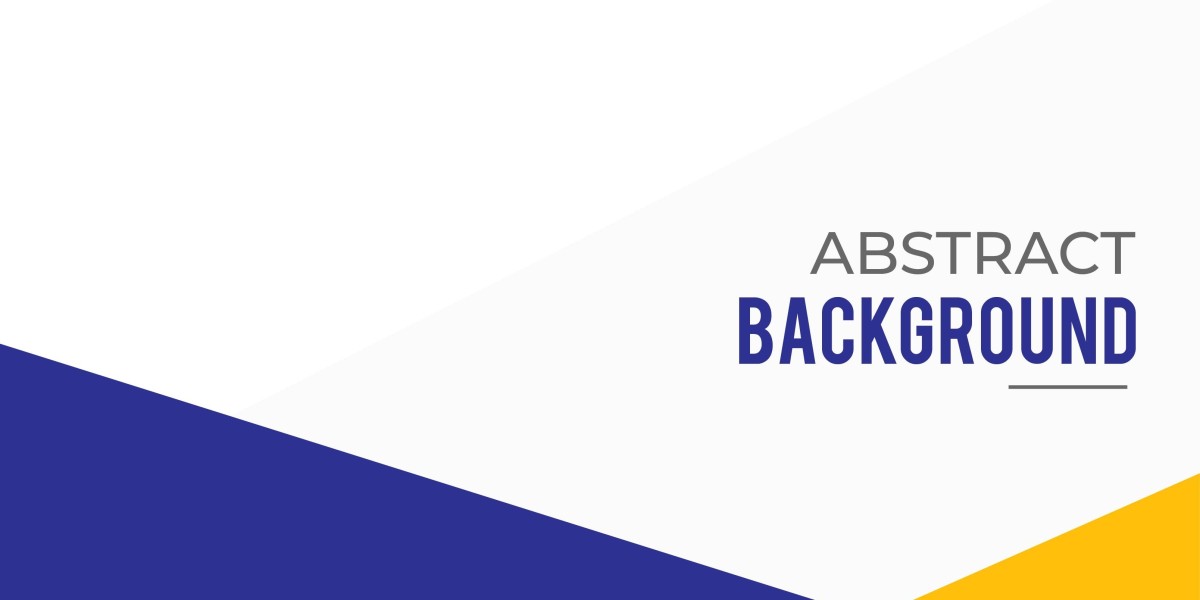
For Christmas I received a fascinating present from a friend - my extremely own "best-selling" book.
"Tech-Splaining for Dummies" (fantastic title) bears my name and my photo on its cover, and it has glowing evaluations.

Yet it was completely composed by AI, with a few simple prompts about me provided by my pal Janet.
It's an intriguing read, and uproarious in parts. But it likewise meanders rather a lot, and is somewhere between a self-help book and a stream of anecdotes.
It imitates my chatty style of composing, however it's likewise a bit repeated, and really verbose. It may have gone beyond Janet's triggers in collating data about me.
Several sentences start "as a leading technology reporter ..." - cringe - which might have been scraped from an online bio.
There's also a strange, repetitive hallucination in the kind of my feline (I have no pets). And there's a metaphor on practically every page - some more random than others.
There are dozens of companies online offering AI-book writing services. My book was from BookByAnyone.
When I got in touch with the president Adir Mashiach, based in Israel, he told me he had actually sold around 150,000 personalised books, mainly in the US, considering that rotating from assembling AI-generated travel guides in June 2024.
A paperback copy of your own 240-page long best-seller costs ₤ 26. The firm uses its own AI tools to generate them, based upon an open source big language design.
I'm not asking you to buy my book. Actually you can't - just Janet, who created it, can purchase any further copies.
There is currently no barrier to anyone producing one in anybody's name, including celebrities - although Mr Mashiach states there are guardrails around violent content. Each book includes a printed disclaimer mentioning that it is fictional, developed by AI, and developed "solely to bring humour and joy".
Legally, the copyright belongs to the company, but Mr Mashiach stresses that the product is intended as a "personalised gag gift", and the books do not get sold further.
He wishes to expand his variety, producing different genres such as sci-fi, and maybe offering an autobiography service. It's created to be a light-hearted form of customer AI - offering AI-generated goods to human customers.
It's likewise a bit terrifying if, like me, you compose for a living. Not least since it probably took less than a minute to create, and it does, certainly in some parts, sound much like me.
Musicians, authors, artists and actors worldwide have actually expressed alarm about their work being used to train generative AI tools that then churn out similar content based upon it.
"We need to be clear, when we are discussing information here, we in fact indicate human creators' life works," states Ed Newton Rex, creator of Fairly Trained, which campaigns for AI firms to regard developers' rights.
"This is books, this is short articles, this is photos. It's works of art. It's records ... The whole point of AI training is to discover how to do something and then do more like that."
In 2023 a tune including AI-generated voices of Canadian vocalists Drake and The Weeknd went viral on social media before being pulled from streaming platforms since it was not their work and they had actually not granted it. It didn't stop the track's developer attempting to choose it for a Grammy award. And although the artists were fake, it was still wildly popular.
"I do not think making use of generative AI for innovative purposes need to be prohibited, however I do think that generative AI for these purposes that is trained on people's work without permission should be banned," Mr Newton Rex includes. "AI can be really powerful but let's develop it fairly and relatively."
OpenAI says Chinese rivals using its work for their AI apps
DeepSeek: The Chinese AI app that has the world talking
China's DeepSeek AI shakes industry and damages America's swagger
In the UK some organisations - including the BBC - have actually selected to obstruct AI developers from trawling their online material for training purposes. Others have actually decided to collaborate - the Financial Times has partnered with ChatGPT creator OpenAI for example.
The UK government is thinking about an overhaul of the law that would enable AI developers to use creators' content on the internet to assist establish their designs, unless the rights holders choose out.
Ed Newton Rex explains this as "insanity".
He points out that AI can make advances in locations like defence, healthcare and logistics without trawling the work of authors, journalists and artists.
"All of these things work without going and changing copyright law and destroying the livelihoods of the nation's creatives," he argues.
Baroness Kidron, a crossbench peer in your house of Lords, is also highly against getting rid of copyright law for AI.
"Creative markets are wealth developers, 2.4 million jobs and a whole lot of delight," says the Baroness, who is also an advisor to the Institute for Ethics in AI at Oxford University.
"The federal government is undermining among its best carrying out industries on the unclear pledge of growth."
A government representative stated: "No relocation will be made till we are definitely positive we have a practical plan that delivers each of our goals: increased control for right holders to assist them accredit their content, access to top quality material to train leading AI designs in the UK, and more openness for best holders from AI developers."
Under the UK federal government's brand-new AI strategy, a national information library containing public information from a large range of sources will also be offered to AI scientists.
In the US the future of federal rules to control AI is now up in the air following President Trump's return to the presidency.
In 2023 Biden signed an executive order that aimed to enhance the safety of AI with, among other things, companies in the sector needed to share details of the workings of their systems with the US federal government before they are released.
But this has actually now been repealed by Trump. It remains to be seen what Trump will do rather, bphomesteading.com however he is said to desire the AI sector to face less regulation.
This comes as a number of suits versus AI firms, and especially against OpenAI, continue in the US. They have been secured by everybody from the New york city Times to authors, music labels, and even a comic.
They claim that the AI companies broke the law when they took their content from the web without their authorization, and utilized it to train their systems.
The AI companies argue that their actions fall under "fair usage" and are for that reason exempt. There are a number of elements which can make up fair usage - it's not a straight-forward definition. But the AI sector is under increasing analysis over how it gathers training data and whether it need to be paying for it.
If this wasn't all sufficient to contemplate, Chinese AI firm DeepSeek has actually shaken the sector over the previous week. It became the many downloaded free app on Apple's US App Store.
DeepSeek claims that it established its technology for a portion of the rate of the similarity OpenAI. Its success has actually raised security issues in the US, and threatens American's present supremacy of the sector.
As for me and a career as an author, prawattasao.awardspace.info I think that at the moment, if I actually want a "bestseller" I'll still have to compose it myself. If anything, Tech-Splaining for Dummies highlights the existing weakness in generative AI tools for bigger jobs. It has lots of errors and hallucinations, and it can be quite difficult to read in parts due to the fact that it's so verbose.
But offered how rapidly the tech is developing, I'm uncertain how long I can remain confident that my substantially slower human writing and modifying abilities, are much better.
Register for our Tech Decoded newsletter to follow the biggest advancements in international innovation, with analysis from BBC reporters worldwide.
Outside the UK? Register here.









